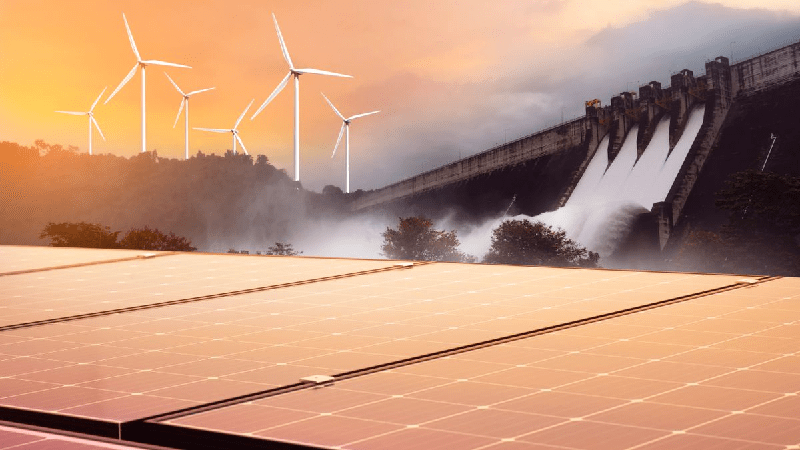In Short : While it’s understandable that environmental NGOs may have concerns, it’s crucial to recognize that countries like France are making efforts to transition towards cleaner and more sustainable energy sources. Establishing clear energy targets is a crucial step towards achieving these goals.
In Detail : The document that sets out France’s 2030 energy targets and was submitted for public consultation that the Energy Ministry unveiled on Wednesday has insufficient data to judge the actions taken by the public authorities, the Climate Action Network France said on Wednesday.
The figures unveiled in this text will feature in the energy production law and the multi-year energy programming decree, which are scheduled for early 2024 and are part of the “French energy and climate strategy”, updated every five years.
“We’re in a race against time with not a minute to lose,” said the office of Energy Minister Agnès Pannier-Runacher on Wednesday morning before unveiling the document put out for public consultation on France’s energy policy objectives’ by 2030.
As the document unveiled shows, France intends to reduce the share of fossil fuels in its overall energy consumption to 42% by 2030 by producing 360 to 400 TWh of nuclear power, 546 TWh of renewable energies and reducing its overall consumption from 1,610 TWh in 2021 to 1,200 TWh in 2030.
Ambitious for some, obscure for others, the text reveals only France’s energy objectives, even though it presents itself as the country’s energy and climate strategy.
“It’s a bit rich to talk about a French strategy for energy and the climate when there’s only the energy part and not the uses and all the greenhouse gases”, Anne Bringault, Director of Programs at the Climate Action Network (RAC), said on X.
“Climate targets are still up for arbitration”, Pannier-Runacher’s office explained.
Even on the energy front, the targets put out to consultation are inadequate and make no mention of the share of renewable energies in France’s overall consumption mix, as provided for in the renewable energy directive (RED3), Bringault added.
In March, European negotiators agreed on an overall target of 42.5% for renewable energies in the EU’s final energy consumption – calls for indicative national targets. The French as yet undisclosed target is likely higher than the 42.5% given the country’s EU higher-than-average deployment capacity.
At the same time, the national energy-climate plan submitted by France with delay to the European Commission on Tuesday (November 21) makes no mention of the share of renewables in the French mix by 2030. Instead, the text sets out its prospects for decarbonised energy (58% of final energy consumption), mixing renewables and nuclear power.
“If the share of renewables is not explicit, it’s because the government doesn’t want it to show,” Bringault told Euractiv France.

